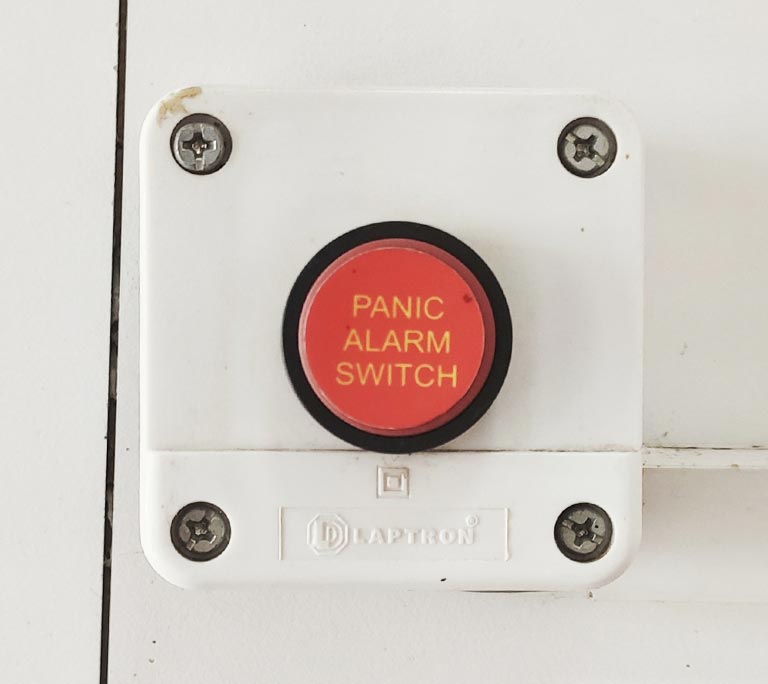Trauma, Addiction & Eating Disorders
If you are suffering from an addiction or an eating disorder, understand that these can often be just the symptoms of a deeper lying problem. The root cause of your eating disorder or your addiction may be in the trauma that you have suffered in your life.
This could be trauma that you are aware of, a specific event or series of events, or unconscious trauma that you suffered in your childhood. By getting to the root of your trauma, you can break free from the cycle of unwanted behaviour.
The connection between eating disorders, addiction and trauma
Many people who suffer from an eating disorder also suffer from some sort of addiction, with substance abuse being the most common. For many it is their way of coping with their eating disorder, which they hide from other people and often feel ashamed about. To mask these feelings, many turn to substances or other forms of addictive behaviour.
Understanding the relationship between eating disorders, addiction and trauma holds the key to getting to the root cause of the problem and effecting long lasting change.

Where Does Trauma Come Into It?
Trauma can refer to a variety of life changing experiences you may have been through. Witnessing a traumatic event, living through a war or natural disaster, suffering from abuse or neglect when you were a child.
Trauma can create a sense of powerlessness and isolation, affecting people in a number of ways, including avoidance, the inability to form healthy relationships, social anxiety, poor career or educational performance or self destructive behaviour. Untreated, unresolved trauma can have long lasting consequences and in many cases lead to addictions or eating disorders.

It’s Not About The Food
While treating an eating disorder may suggest that food is the issue, often it isn’t. Eating disorders are often a way for people to regain control over their lives, and in this case, their weight and the food they put into their bodies.
Trauma can make you feel like you have no control over your life, so your eating disorder is a way to take control back. Trauma can make you feel powerless, so by controlling your body and food, you have the power back.
Your eating disorder and your addiction are coping mechanisms to help you manage the feelings you have from trauma. The only way to accept your trauma and work through it is to remove these coping mechanisms and address the underlying and often unconscious feelings.
There is light at the end of the tunnel
Everyone is different and your eating disorder is unique to you, but by reaching out for support, Eating Disorder & Addiction Specialists Group can provide you with a tailored therapeutic pathway for you to begin recovery. Contact us by phone on 0333 339 2430 at any time, or email to discuss any questions you might have about our recovery therapy.
Contact Us by Email

